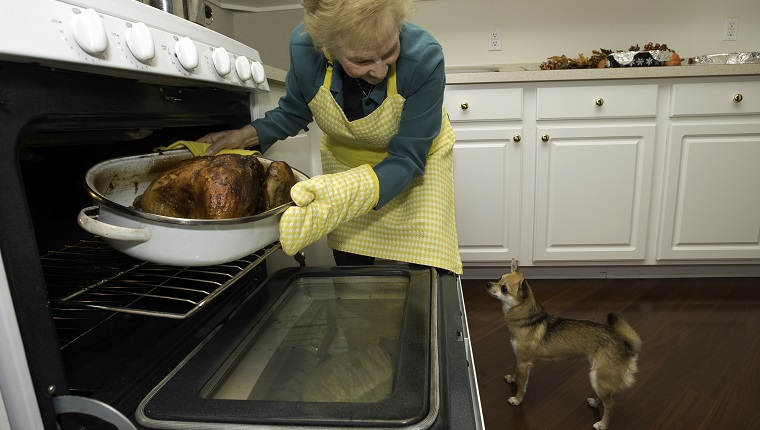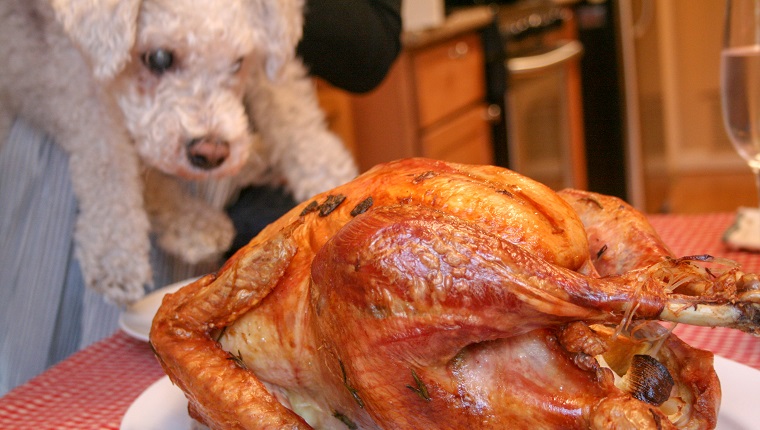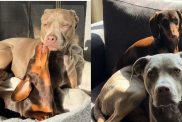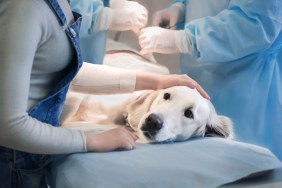
Starting with Halloween, the fall and winter holiday season yields innumerable hazards to our pets (see Top 5 Halloween Pet Safety Tips). The potential danger continues into Thanksgiving, Hanukkah, Christmas, Kwaanza, New Year’s Eve, or other holidays of your…









